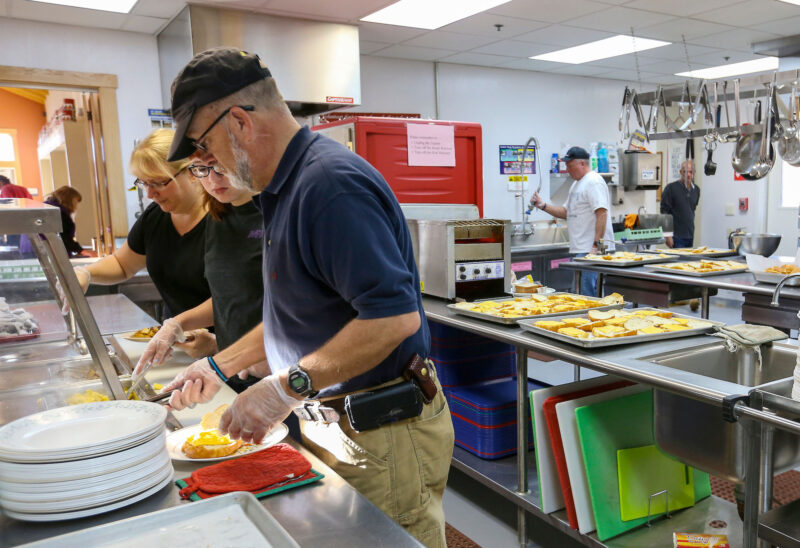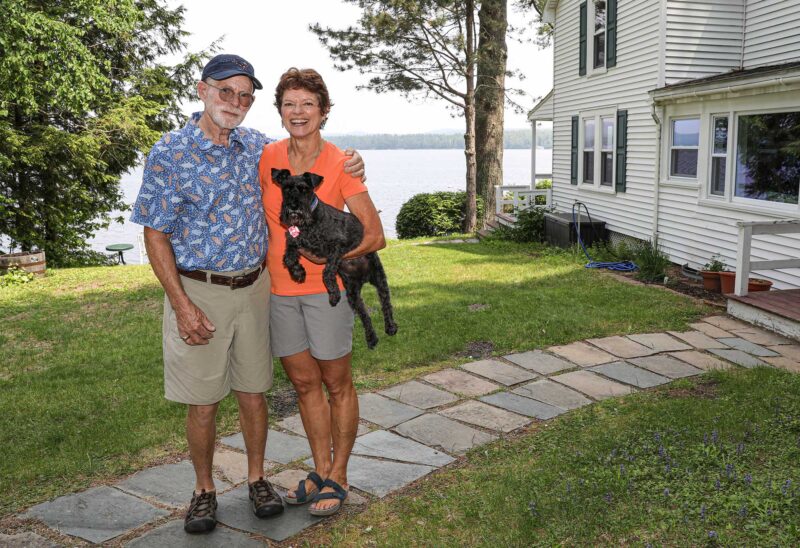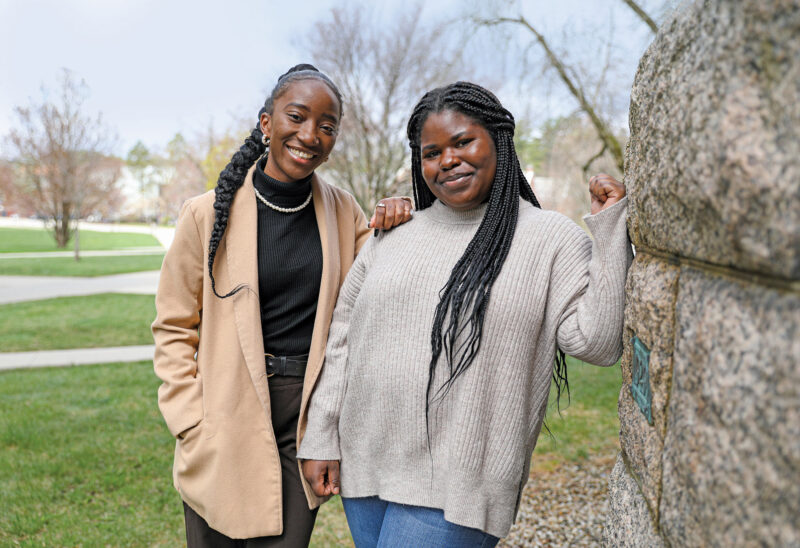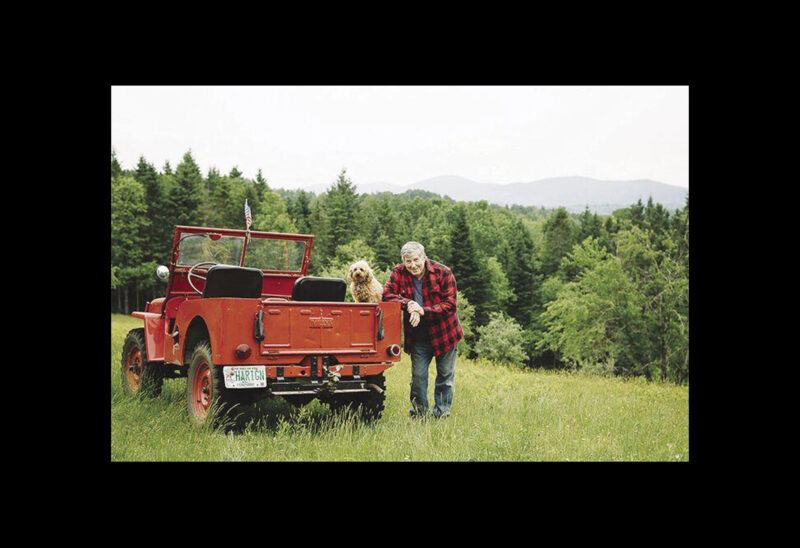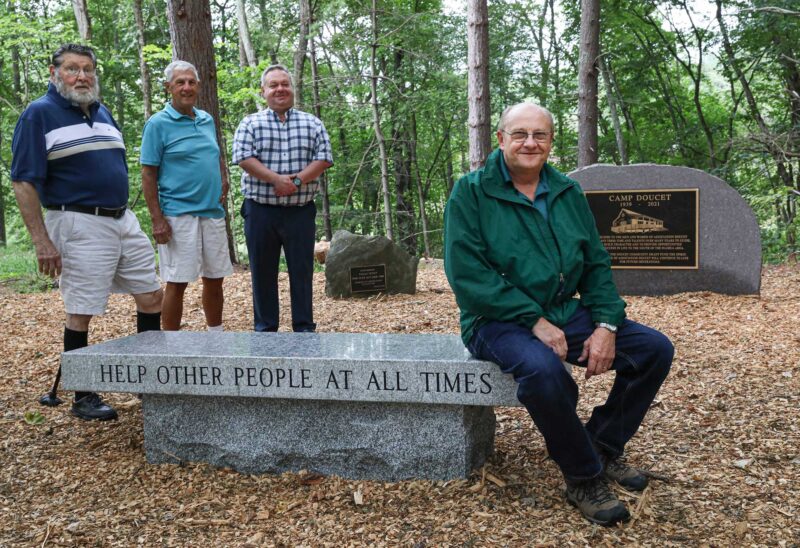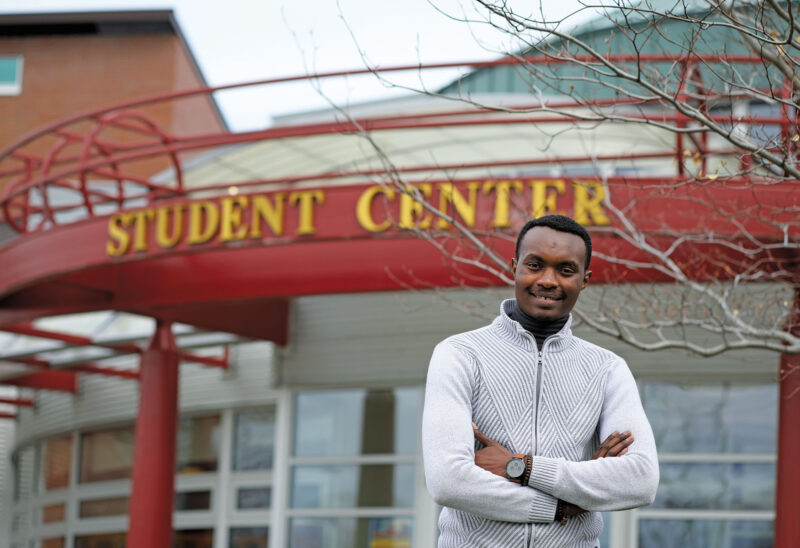It’s all very personal.
Tricia Casey’s mom wanted her daughter to have the best education possible. At the time, she was a single mom, and money was tight. Tricia knew that financial aid provided by total strangers allowed her to attend the parochial school that her mom had chosen.
Paul Casey remembers growing up in Boy Scouts, doing service projects, being coached in sports by volunteers and family members, giving at church, always collecting for the United Way and for UNICEF.
Jack and Scarlett Casey are growing up with giving and volunteering as much a part of their family life as family dinner and walking the dog.
Tricia works now for the Girl Scouts of the Green and White Mountains, and has had a long career in the nonprofit sector. Her mom led her Girl Scout troop when she was a kid, and Tricia grew up deeply connected to volunteering and giving through scouting and church. Now, she leads Scarlett’s Girl Scout troop. She tells the story of her own childhood scholarships as she helps raise money for her kids’ schools.
Paul works for Trader Joe’s grocery store in Nashua and coaches youth sports.
The Caseys know that there will come a time when they will have money to leave in their estate, and they have made the New Hampshire Charitable Foundation a beneficiary, joining the Foundation’s Spaulding-Potter Legacy Circle. They have also planned bequests to other nonprofits and to the college where they met.
“When you feel that passionate about an organization or a cause, you treat them just like your family,” Tricia said. “I was raised with it and that is how we raised our kids — to serve and give and make something better.”
Making these decisions relatively early — and talking to their kids about them — has been deliberate, and opened the door to new learning and conversations for the whole family.
Each of the kids speaks matter-of-factly about what they would do with a hypothetical windfall: half to family, half to charities. Their giving would help treat diseases, care for animals, feed the hungry.
Jack, at 15, has a well-developed sense that everyone stands to suffer when some do not have access to opportunity. What if, he asks, the person who has the potential to make “the next huge scientific breakthrough” doesn’t accomplish what they could because they lack resources, and “don’t feel they could achieve anything because they don’t have anything. Giving back could give that person help and determination.”
The Caseys have made all of their bequests unrestricted, for the organizations to use where they are most needed.
“It’s harder on agencies and charities to raise unrestricted funds,” Tricia said. Generous people frequently direct their giving to programs, but are often less enthusiastic about funding staffing or other costs. “I know, from personal experience,” Tricia said, “that you can’t have any of it unless you have the staff who run it.”
The Caseys trust the organizations they have chosen to use the funds wisely.
“The point of giving to a charity is to make a charity better,” Paul adds. “Not to enact your will on their thing.”
They chose to include New Hampshire’s statewide community foundation, in part, for its range and agility to address the state’s needs. “One of the really neat things about the Charitable Foundation is that flexibility to pivot to address the most critical needs. What are the needs of our community going to be in 10 years? Twenty years? Fifty years?” Tricia said. “We like that and we don’t want to get in the way of that. When we are long gone, we won’t have the benefit of being able to say what is most important.”
Making the bequests, Tricia said, has helped the family feel deeply connected to the organizations and invested in their success.
Twelve-year-old Scarlett has been listening closely. She pipes up from her spot on the couch.
Giving, she explains, “Makes you feel good inside. So it does something good for you, too.”
The Charitable Foundation is committed to helping families achieve their philanthropic goals. For more information on how the Foundation can help, contact Melinda Mosier, vice president of donor engagement and philanthropy services, at 800-464-6641 ext. 266 or zryvaqn.zbfvre@aups.bet.

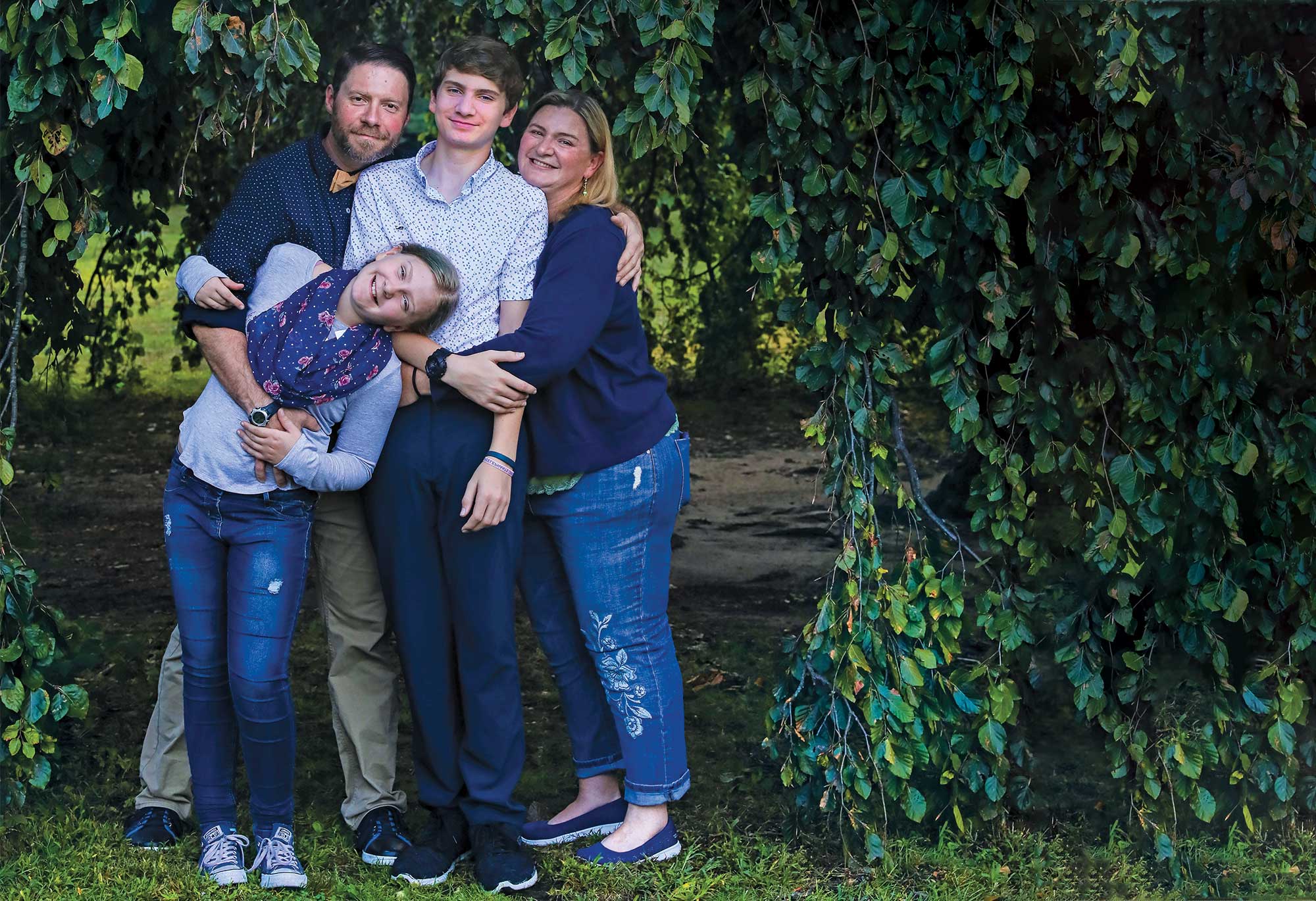






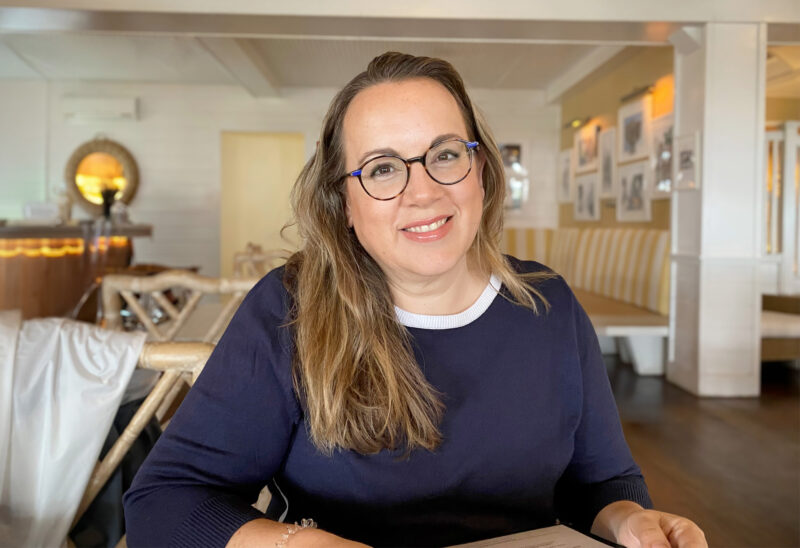
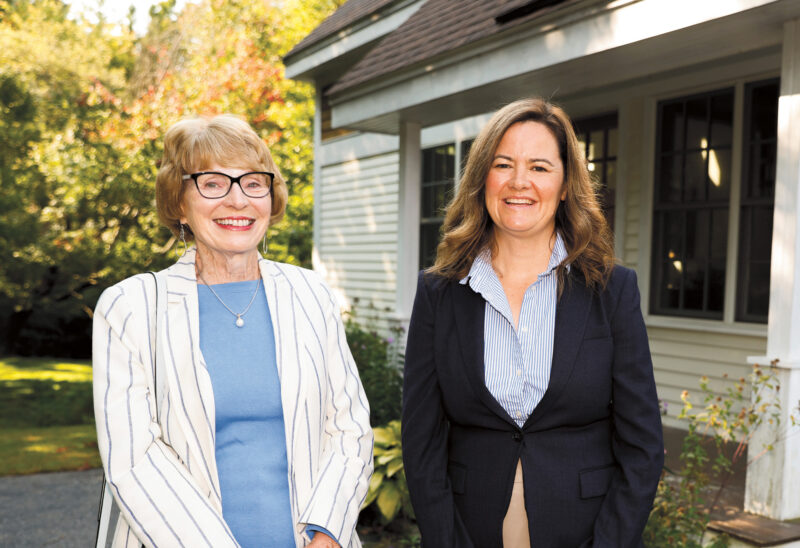
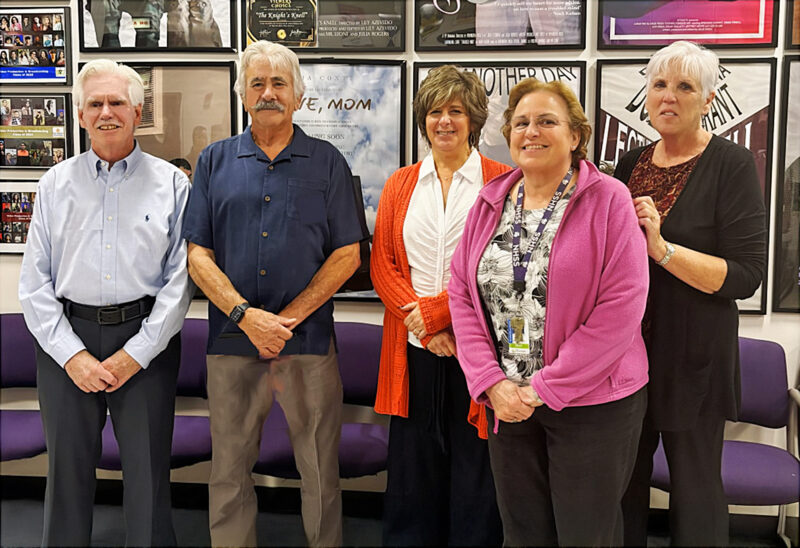
![Oluwakemi Olokunboyo of Dover received a McNabb scholarship to study nursing at Great Bay Community College [Photo by Cheryl Senter]](https://www.nhcf.org/wp-content/uploads/2024/05/Scholarship-Hero-800x548.jpg)
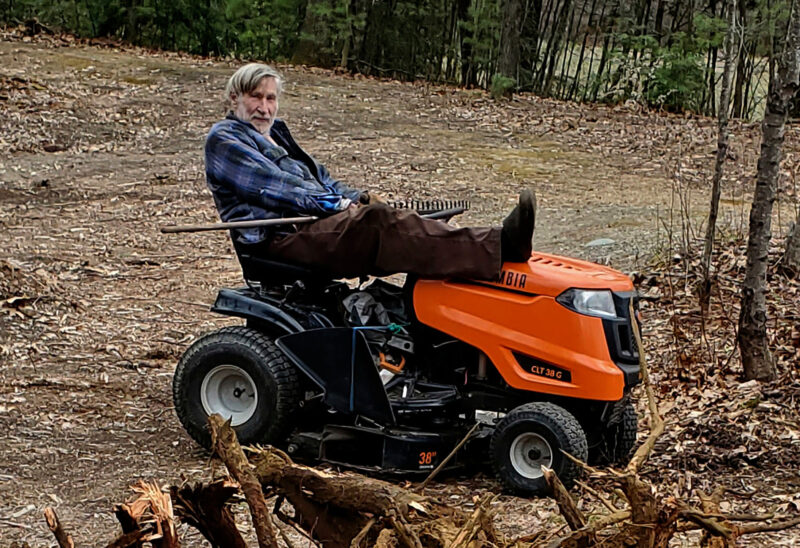
![Charitable Foundation President Dick Ober [Photo by Cheryl Senter]](https://www.nhcf.org/wp-content/uploads/2023/12/dick-ober-purpose-fall-winter-2023-800x548.jpg)
